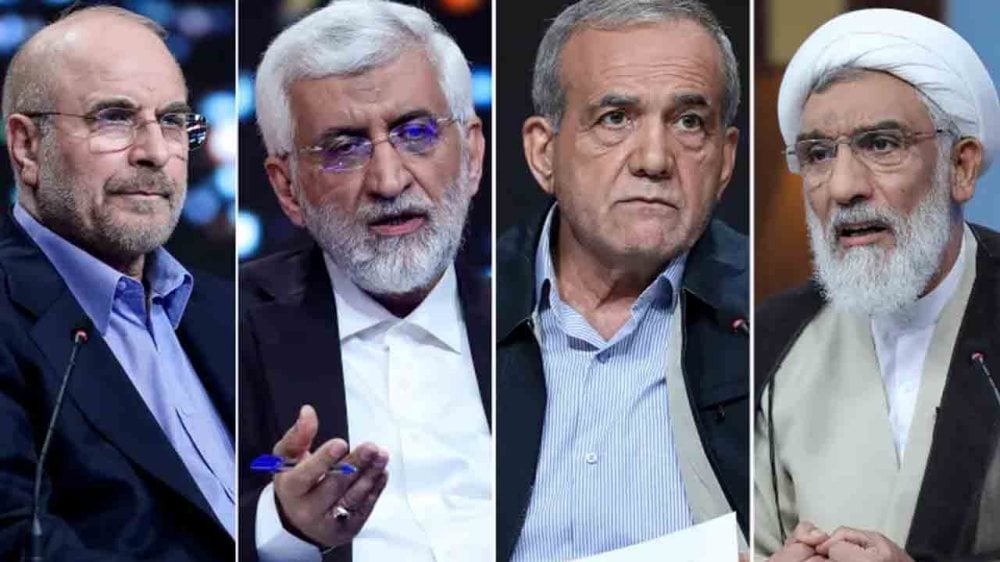
Iranians will vote today for a new president after the death of Ebrahim Raisi in a helicopter crash. One of four candidates loyal to the supreme leader will be chosen. Although the election is unlikely to bring about major changes in the Islamic Republic's policy, its outcome could affect the succession of Iran's 85-year-old supreme leader Ayatollah Ali Khamenei.
The youth population is troubled by political and social restrictions
Khamenei, who has been in power for three and a half decades, has appealed to people frustrated by economic hardship and curbs on political and social freedoms to turn out for a “massive” vote.
Important things related to voting
-Voting will begin at 8:00 am (0430 GMT) local time and continue until 6:00 pm (1430 GMT), but is usually extended until midnight.
-The votes are counted manually, so final results are expected in two days, although preliminary figures may come earlier.
-If no candidate wins at least one vote (50 percent +1) out of at least 50 percent of the total votes cast, a runoff round is held between the top two candidates on the first Friday after the election results are declared.
-Three candidates are radicals and one is relatively moderate, supported by the reformist faction, although less popular.
What does the declining voting percentage say?
Iran's critics say low and declining turnout in recent elections shows the system has lost its legitimacy. Only 48% of voters participated in the 2021 elections that brought Raisi to power. Turnout in the parliamentary election three months ago reached a record 41%.
#ElectionCircus went viral
The hashtag #ElectionCircus has been widely posted by Iranians on social media platforms over the past few weeks, with some activists at home and abroad calling for a boycott of the election. They argue that a high voter turnout would legitimize the Islamic Republic.
Can the new President bring big changes?
The elections come at a time when Israel and its Iranian ally Hamas are at war in Gaza. Iran, Hezbollah and Israel's other allies in Lebanon have also come close to war. In addition, the West is also worried about Iran's rapidly advancing nuclear program. The next president is not expected to make any major policy changes regarding Iran's nuclear program or its support for terrorist groups in the Middle East. However, the president runs the day-to-day government and can influence Iran's foreign and domestic policy stances.
Who are the main candidates?
A hardline oversight body composed of six clerics and six jurists vets candidates aligned with Khamenei. They allowed only six candidates from an initial pool of 80 to run. Two hardline candidates then emerged. Prominent among the remaining hardliners are Mohammad Bagher Ghalibaf, the speaker of parliament and former commander of the powerful Revolutionary Guard, and Saeed Jalili, a former nuclear negotiator who served four years under Khamenei in office. The only comparable moderate, Masoud Pezeshkian, is loyal to the country's democratic regime but advocates peace with the West, economic reform, social liberalization and political pluralism.
 look news india
look news india